This Week in Anime
The Wheel of Anime Adaptations
by Christopher Farris & Lucas DeRuyter,
Chris and Lucas look at where anime series come from when you get down to the nitty-gritty of adaptation from other mediums.
Disclaimer: The views and opinions expressed by the participants in this chatlog are not the views of Anime News Network.
Spoiler Warning for discussion of the series ahead.
DAN DA DAN is available on Netflix, Crunchyroll, and Hulu. Baccano is currently on Purgetory while Durarara!! is available Hulu. Mecha-Ude, Fate, Sword Art Online, Spice and Wolf, Trigun Stampede, and Cowboy Bebop are available on Crunchyroll, while Suicide Squad Isekai is on HBO Max. Pokemon is available on various streaming sites with its latest season streaming on Netflix.
Kagurabachi is available on the Viz Shonen Jump App
 @RiderStrike
@RiderStrike |  @BWProwl
@BWProwl |  @LucasDeRuyter
@LucasDeRuyter |  @vestenet
@vestenet |
Chris, we have a Thanksgiving miracle on our hands! Due to scheduling conflicts, we're on deck for a TWIA three columns in a row! For a brief moment, though, I gave into pessimism and worried that we'd run out of stuff to talk about until I realized the anime industry is in the same boat!
This fantastic interview of Viz Media editor-at-large Hisashi Sasaki, conducted by the Otaku Without Borders' Isaiah Colbert, made me realize that a secondary benefit of the forward-thinking Viz One-Shots program, is creating a new pipeline for material to be adapted into anime. This is probably more needed than ever because that previously assumed bottomless well of Japan-produced source material might be running dry!
As we talked about last week, the anime industry increasingly seems to be headed in a more Hollywood direction, rebooting and reiterating old material rather than mining for anything new. Original IPs have always been a hard sell to the public compared to beloved legacy releases, but when you're rebooting Anne of Green Gables, it seems something's more up than usual.
That said, I don't know if I 100% agree with you that anime (and art in general) is out of adaptation options just yet. But hey, that sort of discussion is exactly what a collab-style column like TWIA is for, and I didn't get to have any arguments with my family over Thanksgiving, so I'll hear you out on this one. We might even uncover various other pools anime could pull from along the way.
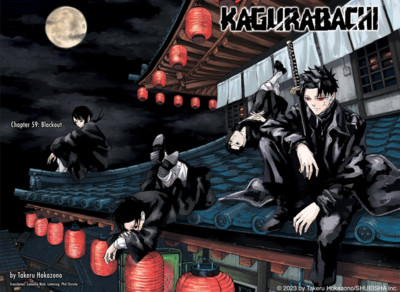
I'd say that most people think of manga as the go-to source material for most anime, especially considering big shonen series tend to be some of the most popular anime in a given season. Is that fair?
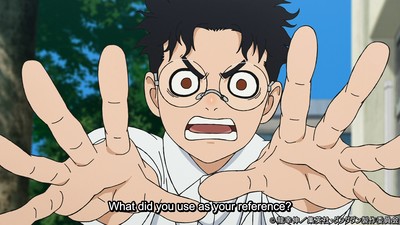
It's one reason it seems there's so much constant pressure to find "The Next Big Shonen Jump Manga"...since that could very well be the next big Shonen Jump anime as well.
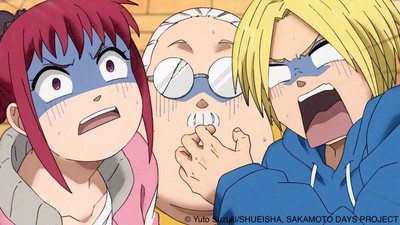
I do wonder if my default association between manga and anime is a consequence of my being American, though. After all, when I was first getting into anime in the 2000s, most of what was airing on TV was an adaptation of a manga that likely wasn't even legally available in the U.S. While I like to think I've broadened my familiarity with the anime landscape, that's still my jumping-off point.
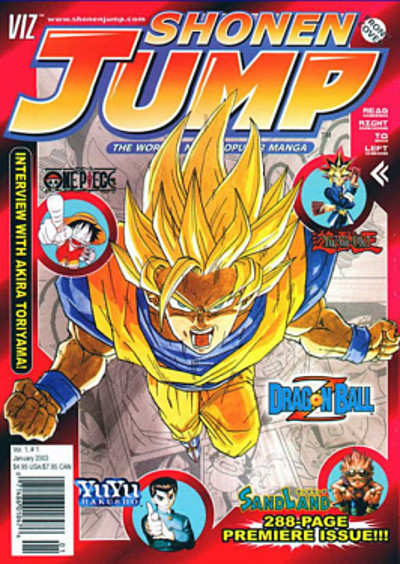
If things have changed, it's not just because of more manga being overwhelmingly available nowadays, but also because that lets us get deeper into our fandom of the material and have more awareness of it overall—to say nothing of it being our, you know, jobs. So now I can be properly excited when it looks like production has finally started on the anime adaptation of my beloved Young Ladies Don't Play Fighting Games.
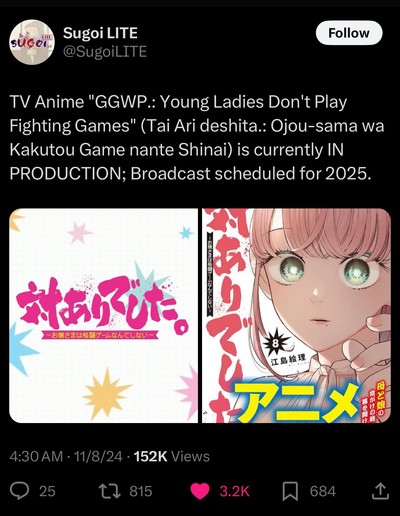
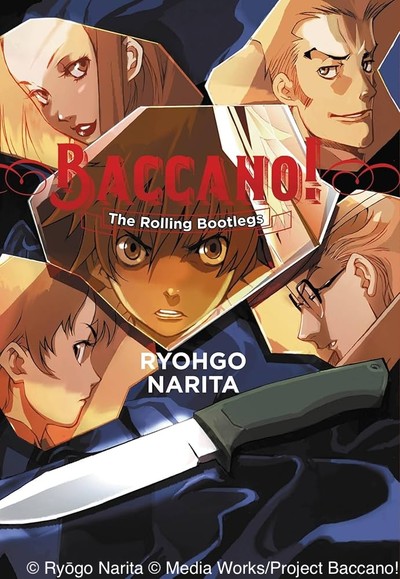
I can't say I have that same fondness for light novels, another increasingly common source material for anime series, though. While that medium has inspired some of my favorite anime like Baccano and Durarara!!, it's also the starting point of the ongoing isekai deluge, which becomes more frustrating by the season.
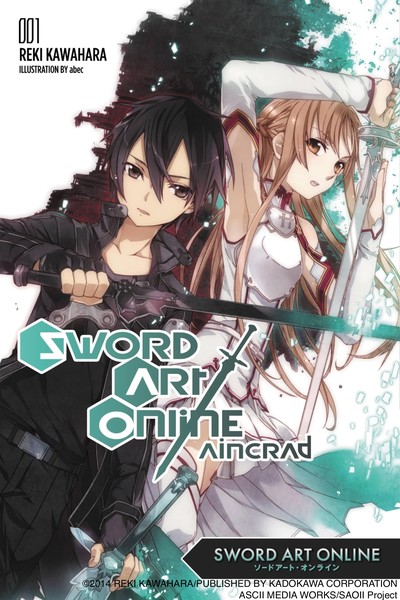
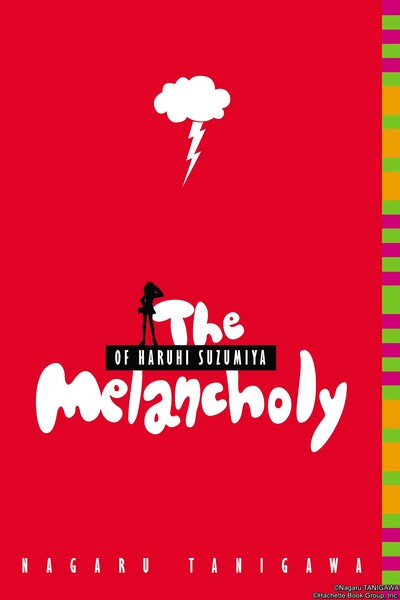
That firehose of adapting all those world-traveling works is real. And even as I'll be eternally exhausted by isekai, the seemingly never-ending pipeline of that material that publishers churn out ready to be turned into anime indicates that we're a long way off from running out of source material. Though I'll admit that the fact that they're also rebooting novel-based series like the aforementioned Spice and Wolf doesn't exactly speak to the buffet being endless. There is a limit, and when we bump up against it, they bring Holo out again.

I don't know that that's necessarily a bad thing.
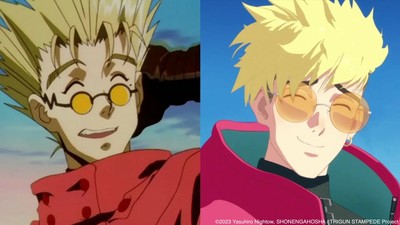
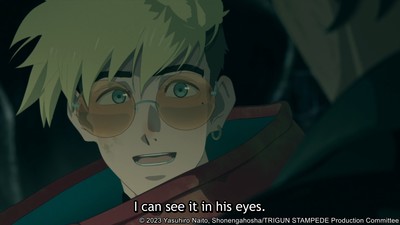
To parlay that back into the topic of adaptational smorgasbords, you can get this same feeling across many of those popular shonen anime. Sure, series like Demon Slayer and Jujutsu Kaisen increasingly feel like glitzed-up promotions for the manga properties. But that means things stand out even more when you get stuff like the Chainsaw Man and Dan Da Dan anime, which try something more transformative.
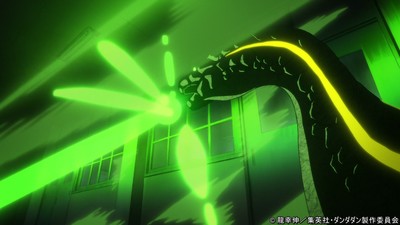
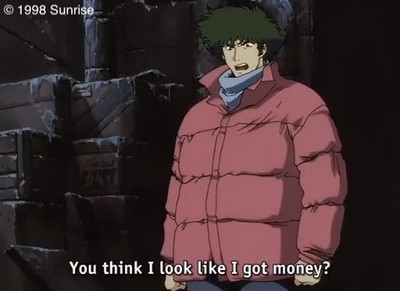
Looking back a little further, I think works that draw from sources outside the medium they're expressed intend to be some of the most influential in the broader anime space. Manga like Slam Dunk and Hunter X Hunter are the overt byproducts of their authors' particular passions. And, of course, the anime original golden boy Cowboy Bebop is pretty clearly a beautiful coalescence of all the things director Shinichirō Watanabe and other members of the staff cared about while they were making it.
This is just one anime, sure, but it indicates that the anime industry is still far from running out of ideas. It's even partially propelled by the Western side in Toonami, so there's at least a little more parallel with those original one-shots VIZ might be eyeing at licensing out for anime options.
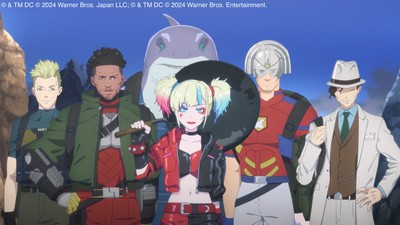
Even if those kinds of works usually seem to find an audience, they usually feel too touristy for me to get into them.
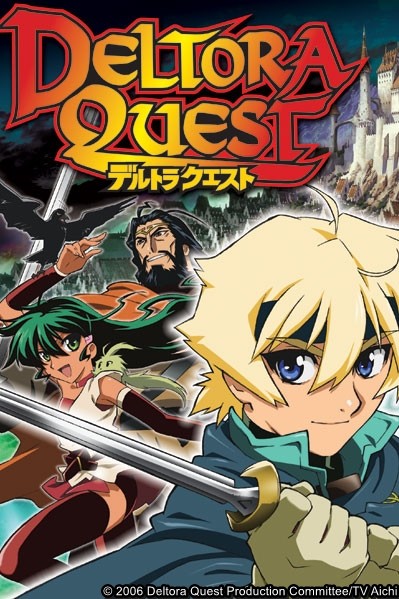
Stuff like manga and light novels may still rule as anime source material, but the creatives behind these shows have always looked to find cool stories wherever they could. It's just probably easier to get a Suicide Squad anime made now when you've got a WB willing to throw a ton of money at a project because someone told David Zaslav that something with "isekai" in the title would make the line go up.
To that end, I'd be remiss if I didn't mention that video games are infrequent but usually successful and are a good source of anime material! This thought was definitely motivated by the recently announced anime adaptation of the Gnosia visual novel.

I could definitely see critics grousing about the seasonal shoveling out of another bowdlerized dating sim adaptation filling out space in a schedule the same way we do about isekai light-novel anime today. As indicated by Gnosia up there, visual novel adaptations are still happening to this day, so even with those, the anime industry has hardly run through its supply yet.
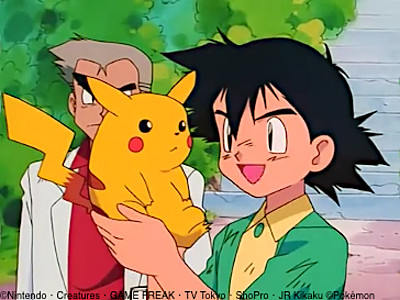
Also, and this feels so obvious that it's almost weird pointing it out, the Pokemon anime is an adaptation of the video games! If they ever stop that cash factory from flowing, we probably have bigger things to worry about on a global level than what will serve as the creative backbone for new anime.
That is, there are plenty of series that started getting anime adaptations and still haven't stopped. One Piece is still ongoing, of course, but they're also still animating new episodes of Bleach in the year of our lord 2024! The new Dragon Ball is on television! It speaks to the staying power of those titanic shonen franchises, of course. But for fans of said franchises, getting new, continual updates of these series, rather than rehashed reboots, probably still feels pretty fresh.
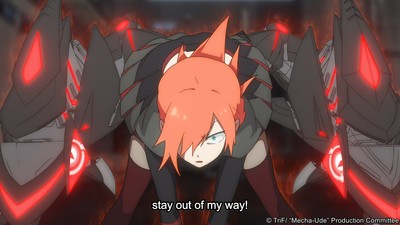
There are a lot of problems in the anime industry right now, but this is why I don't think "running out of ideas" is one of them.
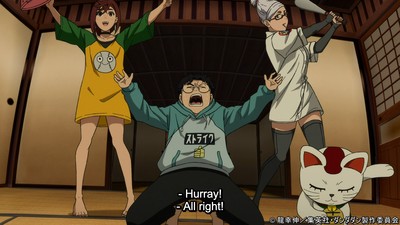
discuss this in the forum (16 posts) |